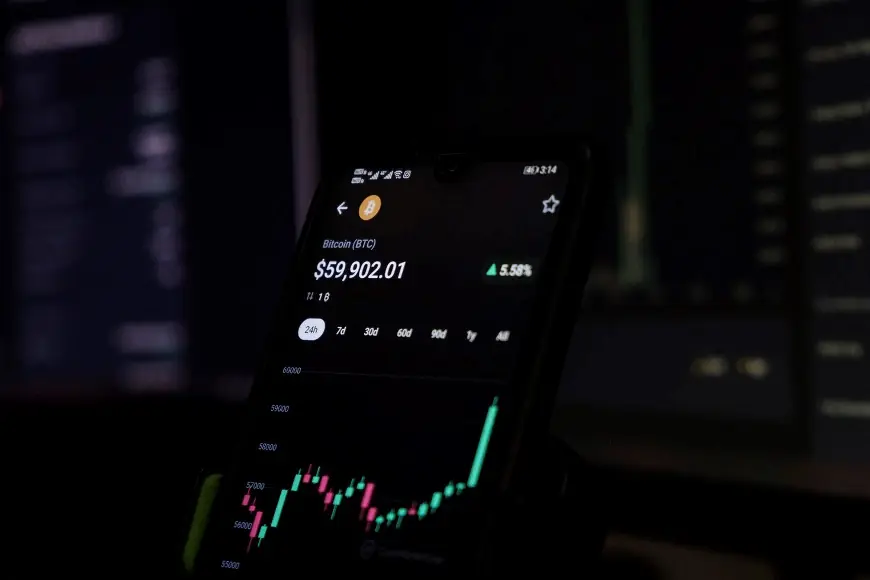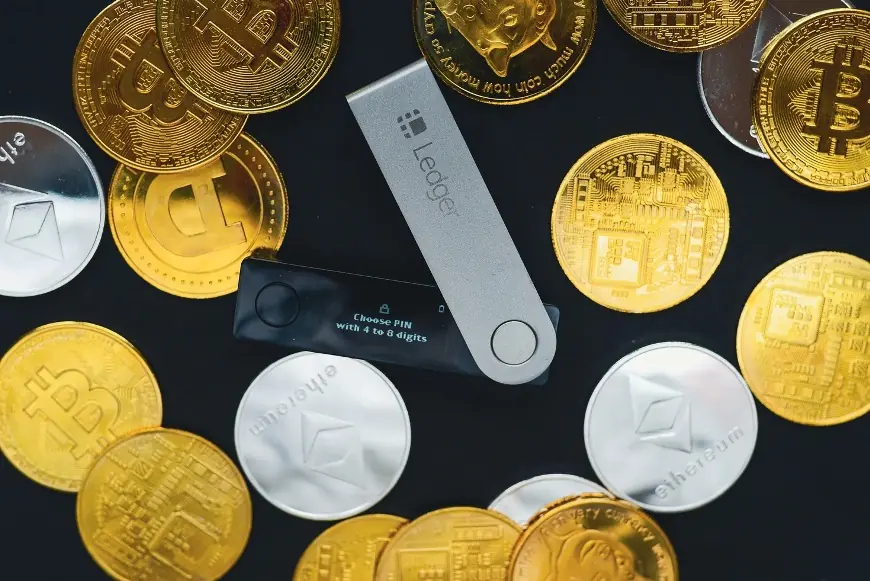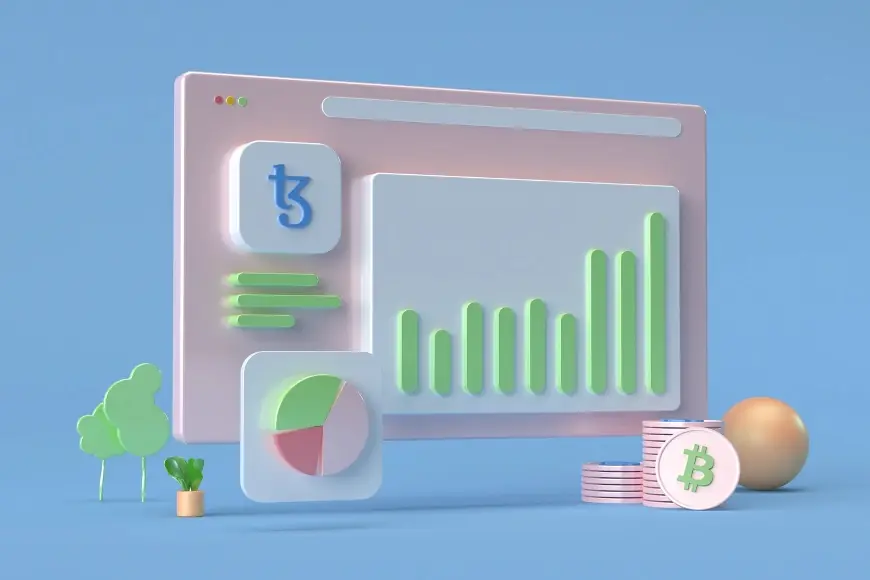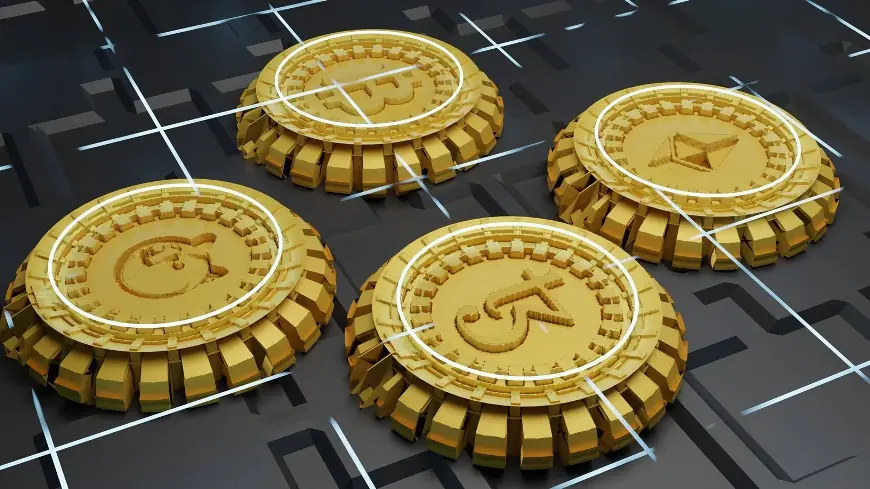
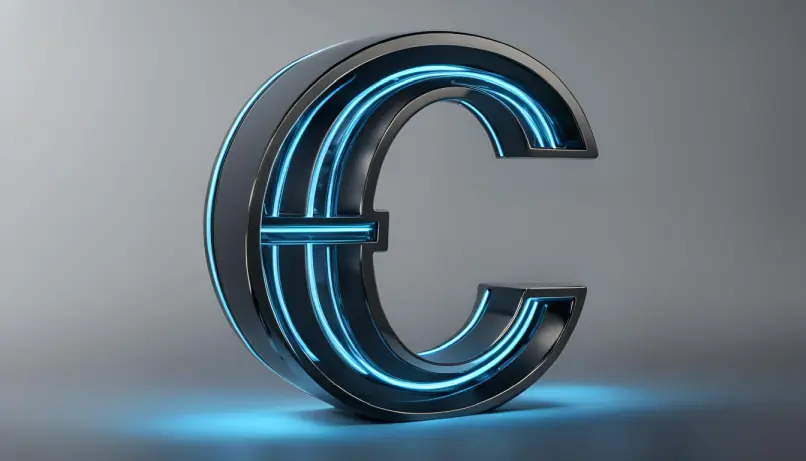
A Beginner’s Guide to Real World Assets (RWA) in Crypto
Introduction
Real World Assets (RWAs) in the crypto industry refer to tangible or intangible assets that exist outside the digital realm and are tokenized to be represented on a blockchain.
Overview and Growth
The concept of RWAs in the crypto industry has been rapidly evolving and gaining traction. This growth is primarily driven by the desire to bridge traditional finance (TradFi) with decentralized finance (DeFi). By tokenizing assets like real estate, commodities, or even intellectual property, these RWAs are brought into the crypto ecosystem, creating a synergy between the efficiency and transparency of blockchain technology and the value of traditional assets.
Tokenization and its Impact
Tokenization is the key process in the integration of RWAs into the crypto space. It involves converting the rights to an asset into a digital token on a blockchain. This process not only makes these assets more accessible but also enhances liquidity, as it allows for fractional ownership and easier transferability. Moreover, it opens up opportunities for smaller investors to participate in markets that were traditionally dominated by large institutions.
Challenges and Risks
Despite the promise, integrating RWAs into the crypto industry is not without challenges. The primary issue lies in ensuring legal compliance and regulatory clarity, as traditional assets need to navigate the complex legal frameworks of different jurisdictions. Furthermore, there’s the challenge of accurately assessing and maintaining the value of these tokenized assets, along with ensuring the security and authenticity of the tokens representing them.
Recent Developments and Future Outlook
As of 2023, there have been significant developments in the RWA space within crypto. Several platforms have emerged, offering tokenized versions of real estate, art, and other assets. The industry is also seeing increasing interest from institutional investors, signaling a maturing market. Looking forward, the integration of RWAs is expected to continue growing, potentially transforming sectors like real estate, art, and commodities trading by making them more accessible and efficient through blockchain technology.
Regulatory Landscape
The regulatory environment around RWAs in crypto is evolving. Various governments and financial authorities are working to establish frameworks to govern the tokenization of real assets. This includes ensuring investor protection, preventing money laundering, and maintaining the stability of the financial system. The regulatory progress will likely play a significant role in shaping the future trajectory of RWAs in the crypto industry.
Conclusion
In summary, RWAs represent a significant step towards the convergence of traditional finance and DeFi, offering numerous opportunities along with notable challenges. Their integration into the crypto ecosystem is an ongoing process, heavily influenced by technological advancements, market dynamics, and regulatory developments.
